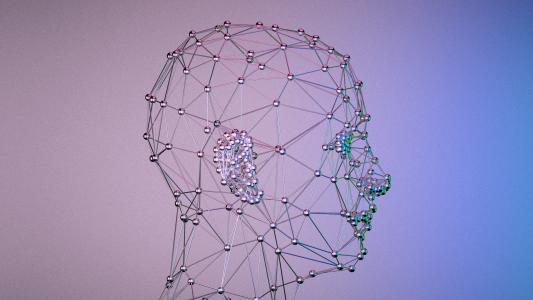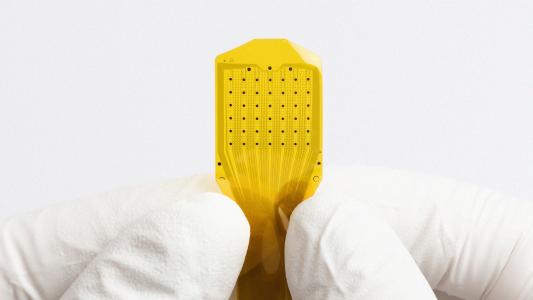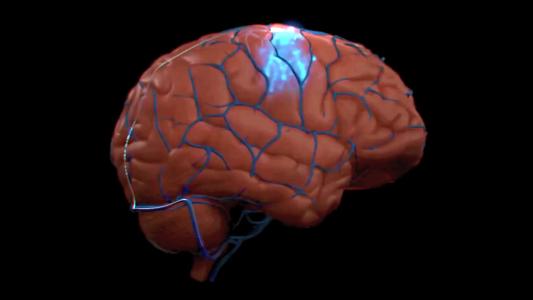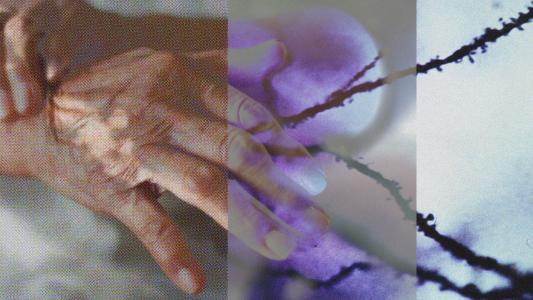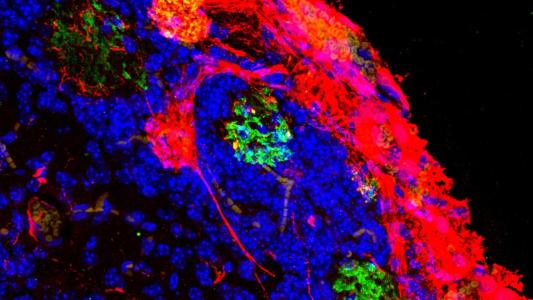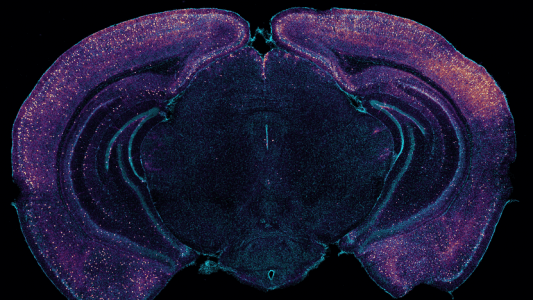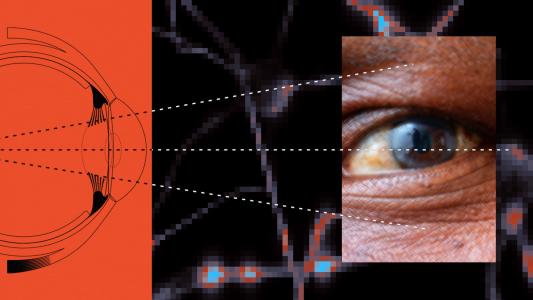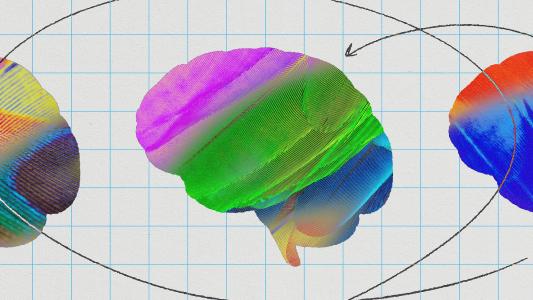Neuroscience
Living longer — and healthier — starts with boosting your brain
Science is beginning to unravel the reasons behind age-related cognitive decline — and what we can do about it.
Why AI gets stuck in infinite loops — but conscious minds don’t
Anil Seth suggests the difference is that living beings are rooted in time and entropy, a grounding that may be essential for consciousness.
Inside a neuroscientist’s quest to cure coma
Thousands of Americans are trapped in disorders of consciousness. Neuroscientist Daniel Toker is searching for a way out.
Flexible brain implant takes major leap forward
The FDA’s clearance of Precision Neuroscience's flexible electrode array pushes the startup ahead in the race to BCI commercialization.
How Neuralink’s chief competitor is tapping into the brain without surgery
Synchron’s brain-computer interfaces do not require brain surgery, but travel to the brain through the jugular.
The exciting research that may cure Parkinson’s
GeneCode is developing a drug it hopes won't just alleviate Parkinson's symptoms but also protect and restore patient's neural health.
What hybrid mouse/rat brains are showing us about the mind
Modified mice with hybrid brains that include rat neurons could one day lead to new breakthroughs in neuroscience.
How sensory gamma rhythm stimulation clears amyloid in Alzheimer’s mice
Study finds stimulating a brain rhythm with light and sound increases peptide release from interneurons, possibly slowing Alzheimer's progression.
Brain implant for “artificial vision” is still working after 2 years
A new type of brain implant technology has given a man with total blindness a kind of “artificial vision.”
Why a neurodivergent team will be a golden asset in the AI workplace
Since AI is chained to linear reasoning, workplaces that embrace it will do well to have neurodivergent colleagues who reason more creatively.
